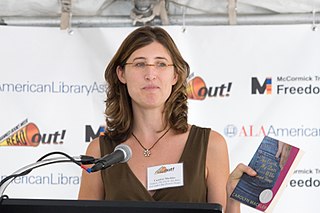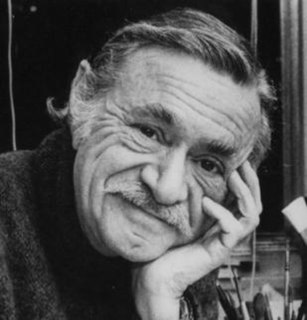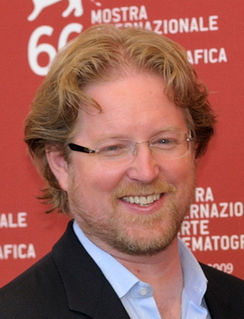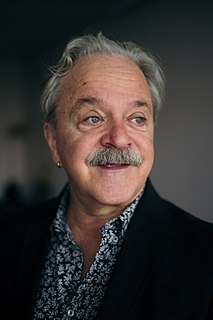A Quote by Jules Feiffer
I think a play can do almost anything, because it's also a static form, much more so than in a movie. In a movie you can move the scenery, you can do anything any way. A cartoon, happens in a limited amount of space and a limited amount of time, and you can only get so many words before the reader's gonna get impatient. All of these forms that I enjoy are in a sense a slight of hand, where you have to suggest much more than you really show. You have to, in a sense, seduce the reader and trick the reader or the audience into going with you.
Related Quotes
With a novel, you have to have a story. It's much more important to have it matter to the reader what happens to people, and it has to make sense and end in a way that is satisfying. So I spend a lot more time thinking about that. Then the writing itself usually is easier for me, because I know where it's going.
The narrative image has more dimensions than the painted image - literature is more complex than painting. Initially, this complexity represents a disadvantage, because the reader has to concentrate much more than when they're looking at a canvas. It gives the author, on the other hand, the opportunity to feel like a creator: they can offer their readers a world in which there's room for everyone, as every reader has their own reading and vision.
To me, one of the greatest triumphs in doing a book is to tell the story as simply as possible. My aim is to imply rather than to overstate. Whenever the reader participates with his own interpretation, I feel that the book is much more successful. I write with the premise that less is more. Writing is not difficult to me. I read into a tape recorder, constantly dropping a word here and there from my manuscript until I get a minimum amount of words to say exactly what I want to say. Each time I drop a word or two, it brings me a sense of victory!
The inherent non-linearity of the digital allows for more input from others, including the subject and reader as collaborators. The top-down, bedtime-style story is of limited use. A non-linear narrative that allows for increased complexity and depth, and encourages both subject and reader to have greater involvement, will eventually emerge more fully from the digital environment. This, in a sense, is the more profound democratization of media.
For me, one of the reasons I love this form - the personal essay form - is because it's a way of forming an intimacy with the reader. What I'm saying to the reader is: I'm going to tell you something; I'm going to be generous; I'm going to offer. The confession, on the other hand, is sort of an imposition because you're asking the reader to forgive you or somehow exonerate you or say, "Hey, I'm even worse." But what I'm interested in doing is being generous and offering a perspective or suggesting a way of thinking about something.
Every movie I get involved with I get involved in as big a level as I possibly can, but this has been a very much more personal journey for me, so bringing it here tonight there's a sense of relief, there's a sense of just amazement that got here... because it's been a struggle. But this is a good way to launch it and there couldn't be a better way of celebrating this movie than bringing it to the West End.
It is excellent discipline for an author to feel that he must say all he has to say in the fewest possible words, or his reader is sure to skip them; and in the plainest possible words, or his reader will certainly misunderstand them. Generally, also, a downright fact may be told in a plain way; and we want downright facts at present more than anything else.
For a long time at Nintendo we didn't focus as much on online play because for many years doing so would have limited the size of the audience that could enjoy those features. But certainly now we see that so many people are connected to the Internet. It opens up a tremendous amount of possibilities.
I've done so many other projects where you're in a room with a reader and you're acting your lines out: 'We have to get out of here! Any minute the building will explode!' And then the reader says: "Yes...we have to get... out of here." So it's not easy to be in the moment in that kind of situation. Reading with the entire cast in the room for The Clone Wars makes the experience much more organic and I love that.



































